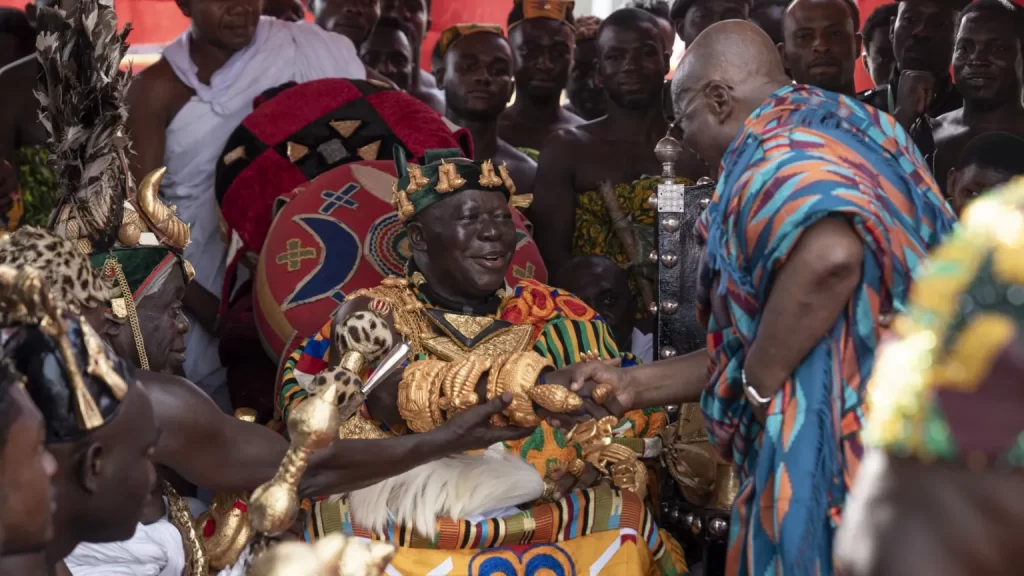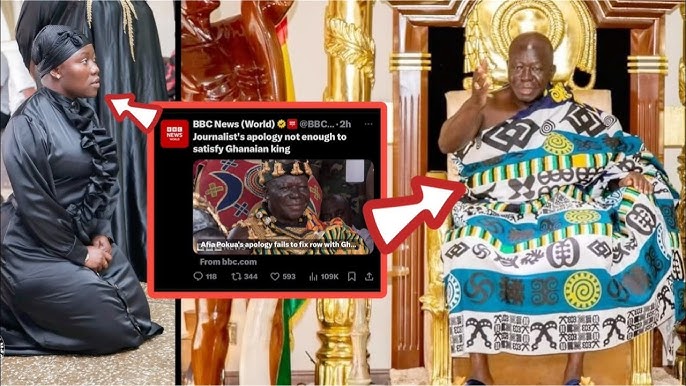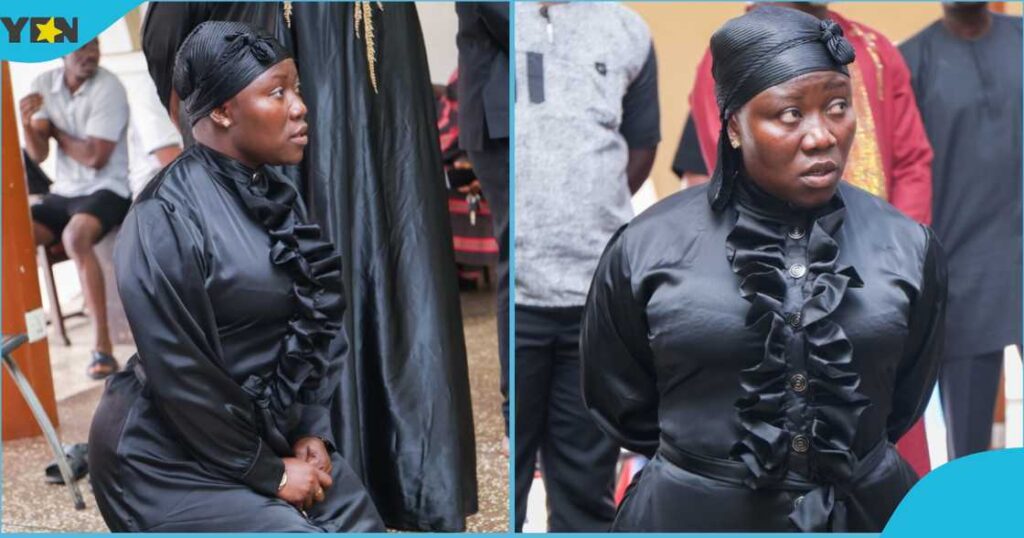A public dispute between prominent Ghanaian journalist Afia Pokua and the Ashanti king, Otumfuo Nana Osei Tutu II, has captured national attention, highlighting tensions between modern media and traditional authority in Ghana.

The controversy began when Pokua criticized the Ashanti king’s handling of ethnic tensions and the deference shown to him by politicians during an interview on local channel Onua TV. She remarked, “Asante is not the whole of Ghana. If you are only thinking about Asante, they can amend the laws so that you can separate yourself from the rest of the country.”
These comments were perceived as deeply disrespectful to the Asantehene, who holds a powerful position in Ghanaian society. Royal historian Osei Bonsu Sarfo Kantanka explained to the BBC that criticizing the leader requires following specific cultural protocols, stating, “You go through the queen mother – she is the only person who can rebuke him.”

In an attempt to apologize, Pokua visited Manhyia Palace in Kumasi on Monday, kneeling and begging for forgiveness in a televised spectacle. However, her apology was rejected by representatives of the Ashanti traditional ruler, who told her, “Take your cursed self and your troubles with you. Whatever comes your way in the future, deal with it on your own. Do not ever return here,” according to local media reports.
The rejection came despite Pokua’s previous apologies on social media and live television. Kantanka explained that for her apology to be accepted, Pokua should have followed traditional etiquette, including appealing to the Agona traditional authority and bringing her parents and the TV station owners.

This incident has sparked debate in Ghana about the balance between freedom of expression and respect for traditional institutions. It also underscores the continuing influence of traditional rulers in modern Ghanaian society and the complexities of navigating cultural norms in public discourse.
As the situation unfolds, it remains to be seen whether Pokua will attempt to follow the prescribed traditional steps for seeking forgiveness or if this incident will lead to broader discussions about the role of traditional authority in Ghana’s evolving media landscape.
bbc.com



